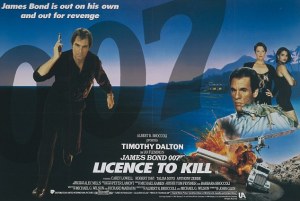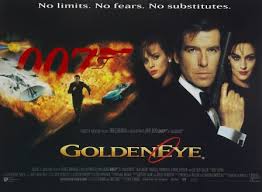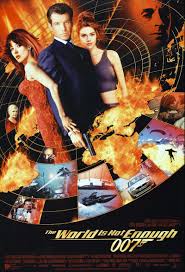How many pop songwriters can be described in an intellectual fashion as well as a musical one? In the second of a series of articles, Eoghan Lyng praises the exuberant Morrissey.
If anyone can be described as an enigma in the music business, it is Morrissey. Refusing to be acknowledged by his Christian name Stephen, his corrosive views on being celibate and self satisfied is unusual. To contrast his unethical views on relationships, there are his overtly political views on vegetarianism and monarchism. And if you found that a convulsing matter, wait until you listen to his lyrics.
It is perhaps not too far to state that his finest work has been with his former eighties band, The Smiths. While guitarist Johnny Marr (a man who wished to be Phil Spector on the guitar, and succeeded) wrote the melodies for the song, Morrissey wrote the words. Unlike his prodigies Noel Gallagher or Damon Albarn, Morrissey was far more likely to take inspiration from literature than from verbose songwriters such as John Lennon or Ray Davies. In particular, Morrissey seemed to have a fascination with Oscar Wilde. Certainly “How Soon Is Now?” was written with the Irish playwright in mind – Morrissey`s plays a part similar to Dorian Gray in believing that he is the son and heir to nothing in particular. He also utilises Wilde`s use of irony in his songs- “Bigmouth Strikes Again” and “Frankly Mr.Shankly” are about trivial matters that are blown into huge proportions. Truly fascinating to base himself on such a brilliant writer.
Elsewhere, Morrissey did not restrict himself to a mere few topics in his songs. “Shoplifters of the World” advocated the rise of socialism. “The Queen is Dead” and “Nowhere Fast” were written as protest songs. “William, It Was Really Nothing” and “Cemetery Gates” dealt with eroding friendships, but were sung in a frivolous manner. “Last Night I Dreamt That Somebody Loved Me” and “Well I Wonder” revolved the concept of loneliness, but interjected it as a lonely, hollow concept making it seem realistic and poignant (some modern day writers, such as the whiny Gotye, should learn from his methods on that topic and create works that do not appear self indulgent and painful to listen to!)
As a wordsmith, Morrissey utilised some of the most amazing uses of imagery in his songs. The idea of a charming man giving a country boy who never knew his place has it`s delicate homoerotic connotations that seem strangely sweet, despite the carnal implications involved. Then there were his wishes to be killed by a double – Decker bus or request to be blown up by a bomb to be with his love are incredibly inventive. His witty paraphrases such as “on the day that your mentality/tries to catch up with your biology” or “ a double bed and a starlet leather for sure /these are the riches of the poor”(both taken from “I Want The One I Can`t Have”) further show his illustrative but tangible approaches to the English language.
Marr and Morrissey were sadly to part company in 1987, but Morrissey marched on with his solo career. Featuring moments of parody “The Last Of The International Playboys” (a dig at the notorious Kray twins) and “We Hate When Our Friends Become Successful” (a possible swipe at the pretensions of the yuppie movement) and moments of political anarchism “Irish Blood, English Heart” while proving that he maintains his penchant for humour “Every Day Is Like Sunday”, Morrissey is still a fabulous wordsmith.
His lyrical use has been of some contention in some parts. The song “Meat Is Murder” is known for its viciously upsetting imagery. “The National Front Disco” made explicit references to fascists, which is the very thing that Morrissey has continuously been accused of to this day. Whatever people`s opinions about some of his political views (and they are most certainly valid), it does show that writers are still capable of shocking people into heated debates to this day. Certainly that is something worth thinking about in this day and age.
To finish, it seems appropriate to explain why Morrissey is such an enigma. Despite several years of songwriting, it is still unclear who the real Morrissey is. He makes candid sexual remarks in songs such as “Hand In Glove” but then retracts these in pieces such as “Suedehead”. As stated “Shoplifters of the World” advocates socialism while “The National Front Disco” revolves around fascism. “You`re The One For Me Fatty” makes him appear chauvinistic, but he appears as a delicate charming man in “Ask”. Is it frustrating to be shown so many different faces? No, it makes the intellectual frontman appear more mysterious and changing. Magically mind-boggling, he appears to be a masked man. And if that is not the sign of a great writer, I don`t know what is!
(Originally published on Studenty.me, August 2012)




